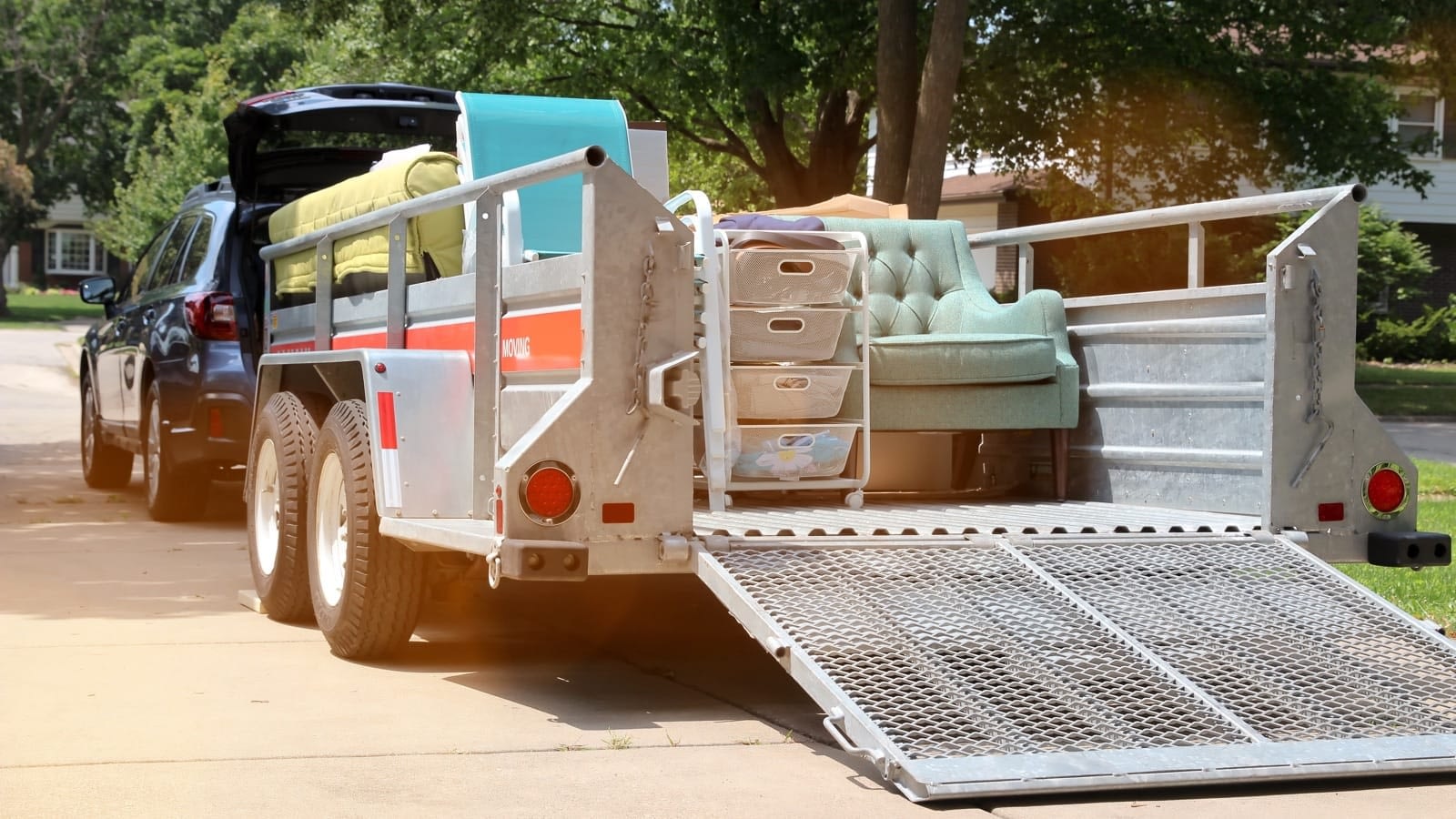- Insurance Services
- Auto, Home & Personal Insurance
- Business Insurance
- Business Interruption Insurance
- Business Owners Package Insurance
- Commercial Auto Insurance
- Commercial Property Insurance
- Commercial Umbrella Insurance
- General Liability Insurance
- Hotel & Motel Hospitality Insurance
- Professional Liability (E&O) Insurance
- Surety Bonds
- Workers' Compensation Insurance
- - View All Business
- Life Insurance
- Group Benefits
- About
- Policy Service
- Contact
Article originally posted on www.insuranceneighbor.com(opens in new tab)

Naturally, you have personal car insurance coverage to protect your investment in your vehicle and to shield you from liability in case of a crash. But what about car accessories such as utility or travel trailers? If you own a trailer, is it automatically covered under the same policy?
The answer, generally speaking, is that most auto insurance policies will provide liability coverage for a trailer you own if it is being pulled by the insured vehicle when an accident occurs. However, this can vary among different policies and in different states. For comprehensive and collision insurance on a trailer, you may need to purchase separate coverage and list the trailer on the declarations page of your policy.
How Are Trailers Covered Under Personal Auto Insurance Policies?
Most insurers will extend liability coverage for a trailer in tow if an accident should occur. This is because personal injury and property damage caused by a towed trailer is considered to be the result of the actions of the driver in the lead car. This extended coverage is typically limited to third-party liability. It only kicks in if the trailer is owned and registered in the name of the insured, and the trailer is attached to the insured vehicle when the accident occurs. Personal car insurance liability coverage does not extend to any vehicle with its own motor.
What If You Are Towing A Trailer Out Of State?
If you are towing a trailer you own out of state, and it causes bodily injury to a third party or damage to someone else’s property, your auto insurance policy should provide liability coverage up to your policy limits. If the state you are traveling in has higher liability requirements than your home state, your out-of-state liability limits will increase to meet those requirements. The same applies when you are not towing a trailer if you cross state lines and become involved in an accident for which you are determined to be at fault.
Different Coverage For Different Types Of Trailers
The type of coverage you need can also depend on the type of trailer you own. If you are towing a utility trailer to haul a car, an ATV, or a boat, you may have extended coverage for the trailer itself – not necessarily the contents. On the other hand, you may need a separate policy to cover a travel trailer. If your trailer is covered under your personal auto insurance, you need to find out if you need an endorsement to ensure that the contents are covered under your policy. Our knowledgeable agent can help provide an answer to that question.
Insurance Coverage for Rented Trailers
In most cases, a personal auto insurance policy will not cover a rented trailer. Neither will the coverage extended by some credit card companies when you are driving a rental car. If you rent a U-Haul trailer, for example, you will need the coverage offered by the company, as the trailer is not likely to be covered under your personal car insurance.
Filed Under: Personal Insurance | Tagged With: Auto Insurance, Car Insurance